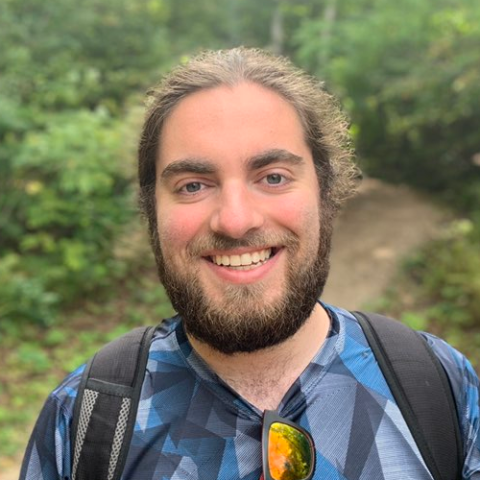
Hackathons are events where groups work on a fast-paced project that solves an existing problem. The name is a combination of “hack” and “marathon”, in which hacking refers to exploratory work on a topic. Hackathons normally take place over a few days, and offer mentors so that participants can get feedback on their work. Often there are themes or challenge statements for groups to work towards. Projects that come from hackathons aren’t supposed to be perfect, but are good ways to find creativity for solutions to problems without answers.
Frayme will be running its first hackathon at the #Frayme2021 Learning Institute (LI)! It will be an opportunity for youth, family members, and service providers to work on an idea with a team of other attendees at the LI. It will contain several sessions that run at the beginning and end of each day of the Learning Institute, so as to not conflict with live presentations. It will be an optional session of the Learning Institute, so anyone who attends is able to participate if they like.
What is a Hackathon?
Hackathons are events where groups work on a fast-paced project that solves an existing problem. The name is a combination of “hack” and “marathon”, in which hacking refers to exploratory work on a topic. Hackathons normally take place over a few days, and offer mentors so that participants can get feedback on their work. Often there are themes or challenge statements for groups to work towards. Projects that come from hackathons aren’t supposed to be perfect, but are good ways to find creativity for solutions to problems without answers.
The Learning Institute Hackathon
The Learning Institute Hackathon will be a bit different than normal hackathons. Hackathons are normally related to the tech industry, in which teams create prototype apps. This hackathon will focus on generating new ideas and solutions without the implementation. Each team will work to design a concrete solution and prepare a presentation that encapsulates it.
The goal of the Learning Institute Hackathon is to get participants with different experiences and ideas to be able to work together on a novel solution to a problem facing youth mental health. Attendees of the LI will be from all across Canada, and are youth, family members, healthcare professionals, policy makers, funders and more. This hackathon is open to anyone attending the LI, and will be its best when there are these connections being made.
Groups will be formed by the organizers of the hackathon. The goal will be to encourage higher amounts of diversity in the hopes of bringing as many unique experiences to the table as possible. Anyone who is attending the Learning Institute will be able to participate, leading to groups with powerful synergies.
The Theme
This year, the theme of the Learning Institute is Defying Convention. The hackathon will take this theme to create some challenge statements. Groups will take this challenge and work to come up with a solution, and create a presentation. A challenge statement will give constraints to the project, however, it will also offer guidelines to work within.
One of the focus areas for the 2021 Learning Institute is creative approaches. Many unique and novel ideas often arise in hackathon environments. This comes from the differences and unique experiences of the people working together, as well as the focus on quick iteration to arrive at a solution.
Sessions
There will be several sessions for the hackathon throughout the Learning Institute. These sessions will be set up to allow participants to be as creative as possible. Having sessions separated over multiple days allows group members to think on problems they might have arrived at, and ways to overcome them.
The first session will focus on brainstorming, and coming up with unique ideas. The challenge statement will have been presented, and teams already formed. The following sessions will be work sessions, where groups will flesh out their ideas and create a presentation. Mentors will be stopping in on teams to see how their projects are coming, and also to give feedback.
At the end of the hackathon, teams will present their projects to a panel of judges. The best project will win some prizes. These are still yet to be finalized.
Hope to see you there!
We welcome relevant and respectful comments. Off-topic comments and spam will be removed.